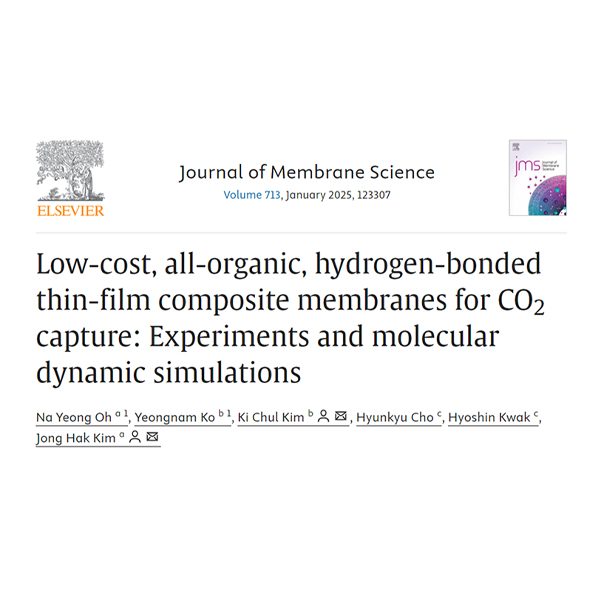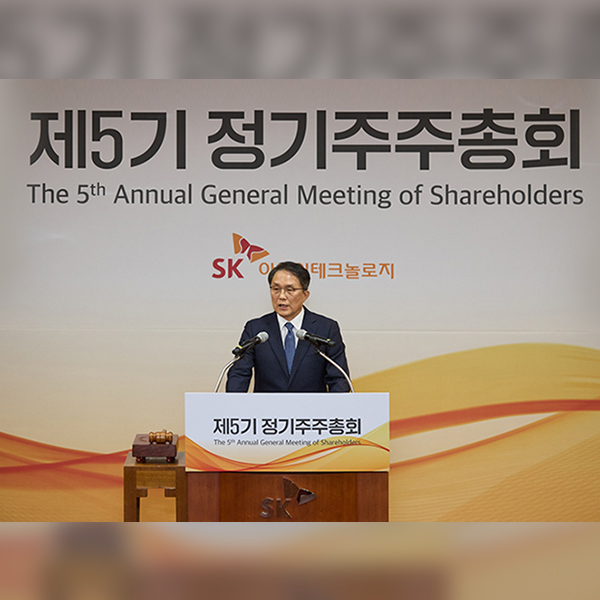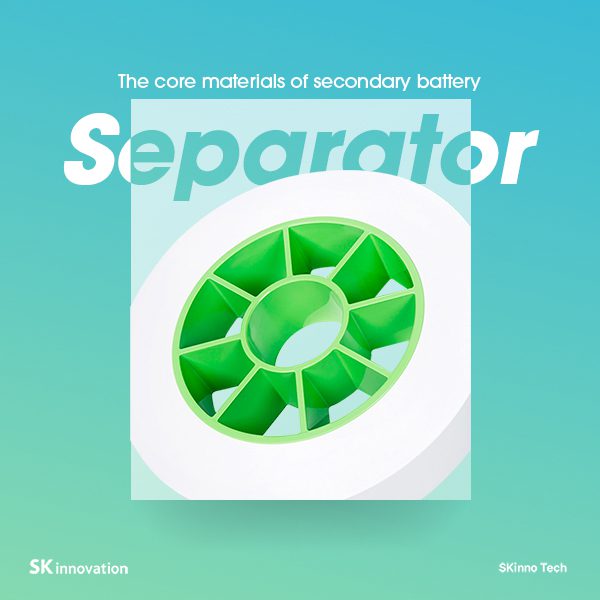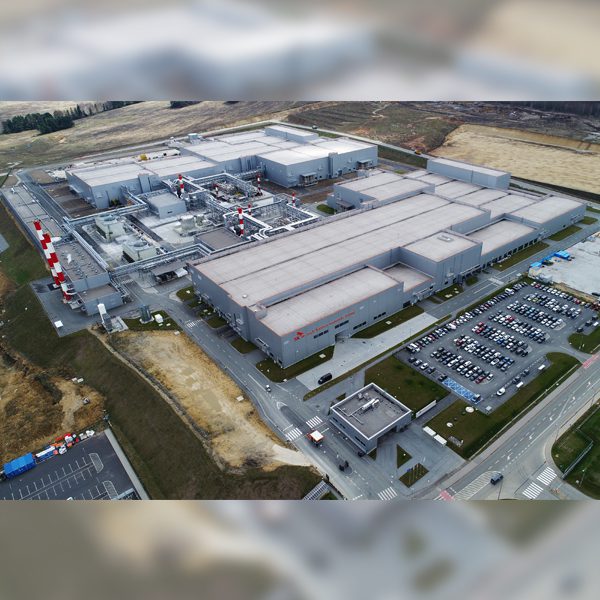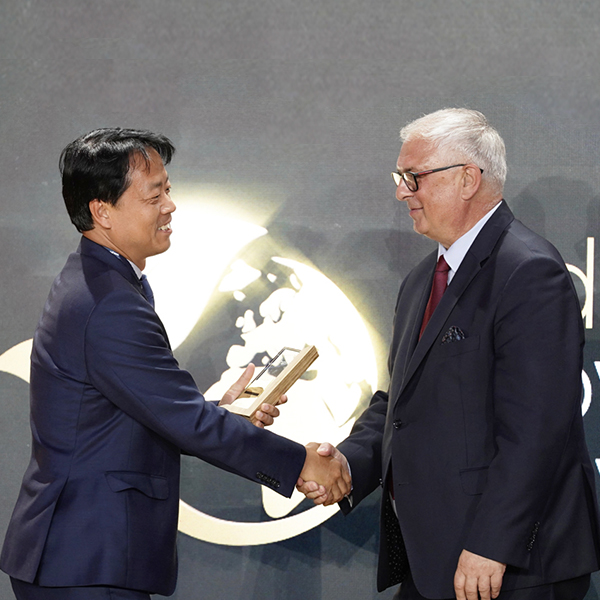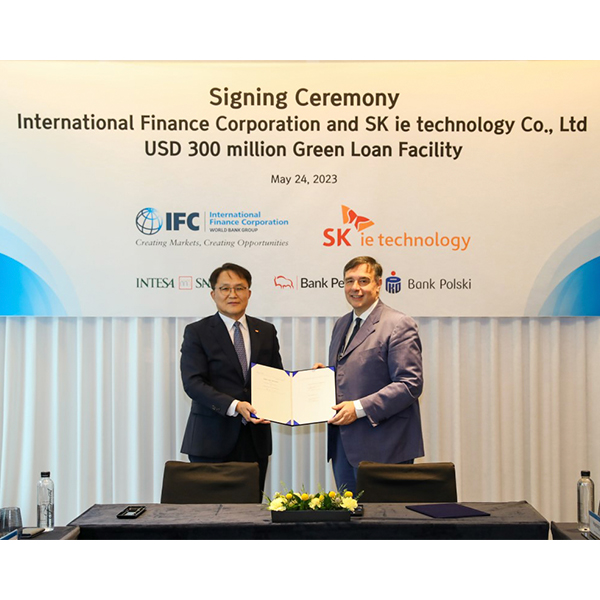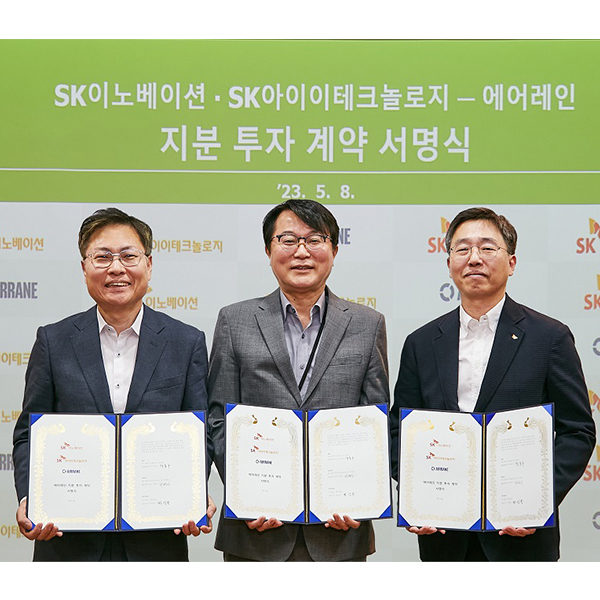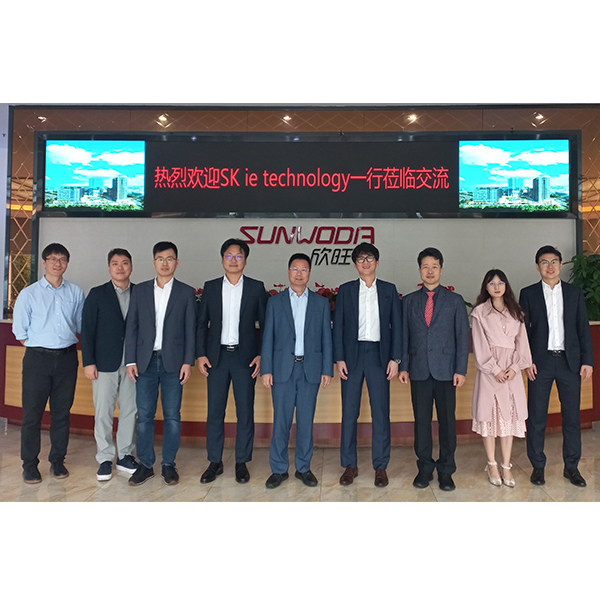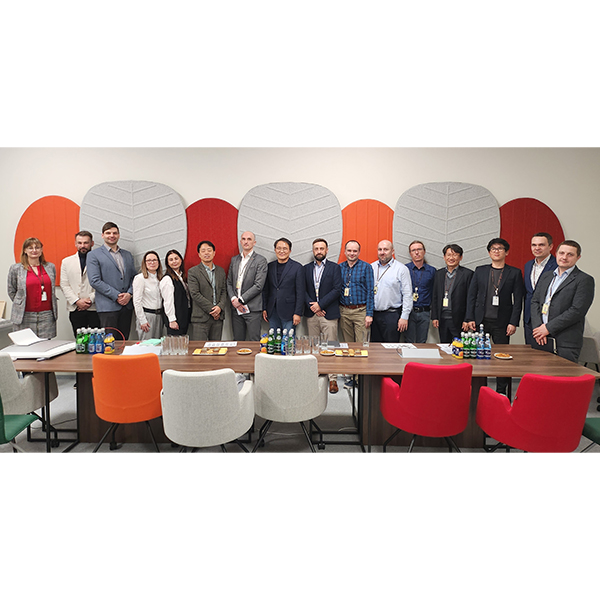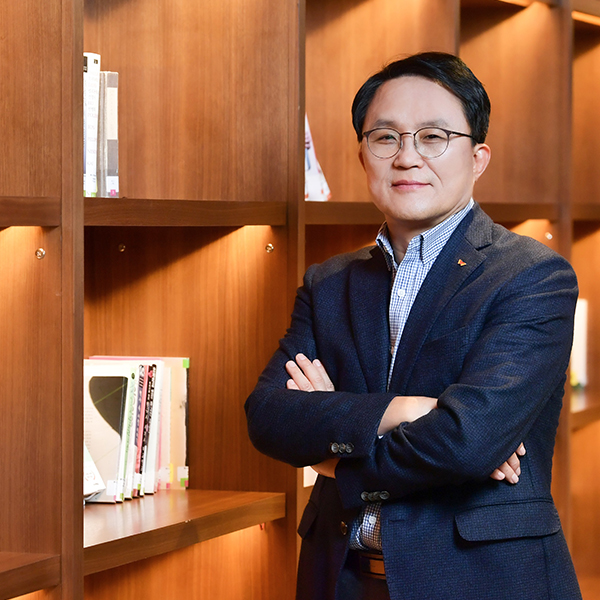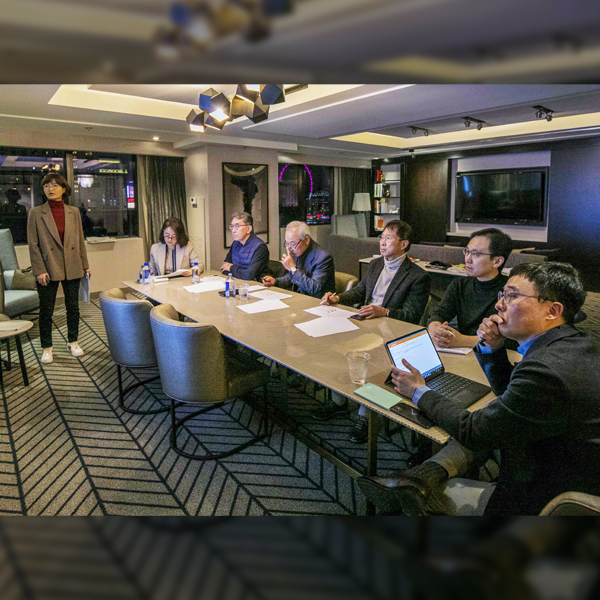 SK IE Technology
SK IE Technology■ Officially became a member of RE100 on September 10th, a 5-year-early accomplishment of converting to eco-friendly power by 2025
– Plants in Korea and Poland have already been using 100% green power
– Photovoltaic power generation systems are in place in Chinese plants for self-sufficient eco-friendly power
■ Set to cut down GHG emissions by 2025 to 70%, while aggressively expanding its production facilities
■ CEO of SKIET Roh Jae-sok said the company “will consolidate its No.1 position by growing business, and at the same time steer the market as an unmatched leader in the transition to eco-friendly electricity”
SK IE Technology (hereinafter “SKIET”), a material business subsidiary of SK Innovation, announced that it has officially become a member of the RE100 (Renewable 100 percent) on the 10th of this month.
RE100 is a global initiative originated from The Climate Group, a multinational non-profit organization. It seeks to convert electricity consumed by businesses to 100% renewable energy. Many corporations around the world aspire to voluntarily join the initiative in line with the ever-increasing global demand for improving environment. In Korea, Korea RE100 Committee is in charge of reviewing the appropriateness of membership in RE100 for applicant companies. SKIET has submitted the membership application to Korea RE100 Committee in November last year.
SKIET will take this occasion to expedite its endeavor to convert to eco-friendly power. Although RE100 is not a mandatory program, the company plans to source 100% eco-friendly electricity in operating all of its business premises including Jeungpyeong and Cheongju plants in South Korea, and Silesian plant in Poland. SKIET is the first Korean company to operate its business by sourcing 100% eco-friendly electricity for its operation in the business premises both domestically and globally.
With a view to self-supply green power, the company intends to construct a photovoltaic power generation facility of 700,000㎡ over roofs of its Chinese plants. It is evident that SKIET is a step ahead of stakeholders’ demand to introduce environmentally-friendly power.
In accordance with these plans, SKIET is scheduled to convert 60% of its power supply in operating its global plants to environmentally-friendly ones by 2025. It is five years ahead of what’s requested by RE100. In addition, SKIET will introduce environmentally-friendly power to all of its global production hubs by 2030. It will help reduce 71% of GHG emissions generated by the company.
SKIET is establishing the environmentally-friendly transition targets of its own volition so as to maintain its front runner status in the global LiBS (Lithium ion Battery Separator) market as well as to reposition itself as a ground-breaker in the industry in the ESG sector.
The flagship item of SKIET, LiBS, is a key material required to produce a battery for electric vehicles, contributing to GHG reduction. It is one of the items listed in the EU taxonomy by the European Union. The EU taxonomy is a list of products conducive to environmentally sustainable economic activities. It is provided to businesses, investors, environmental policymakers, and others to promote environmentally-friendly activities and ensure appropriate investment to be made.
The number of LiBSs that SKIET sold last year reaches 500 million ㎡. It is equivalent to the amount used for around 760,000 electric vehicles. If 760,000 internal combustion engine vehicles are converted to the same quantity of electric vehicles, it will decrease GHG emissions by around 940,000 tons a year.
SKIET CEO Roh Jae-sok underscored, “As our business is growing, we can reinforce our No.1 status in the industry while also leading the market as the top player in green transition.”
Regarding SKIET’s accomplishment of becoming a member of RE100, Korea RE100 Committee Chairman Jin Ou-sam commented, “We sincerely congratulate SKIET for joining the RE100.” “Following the six companies from SK Group that joined last year, SKIET has become a member of the RE100 in just two years after being split from SK Innovation. This demonstrates SK Group’s climate leadership once again in the global market and industry,” he added.
[Photo]
SK IE Technology’s manufacturing plant in Changzhou, China.
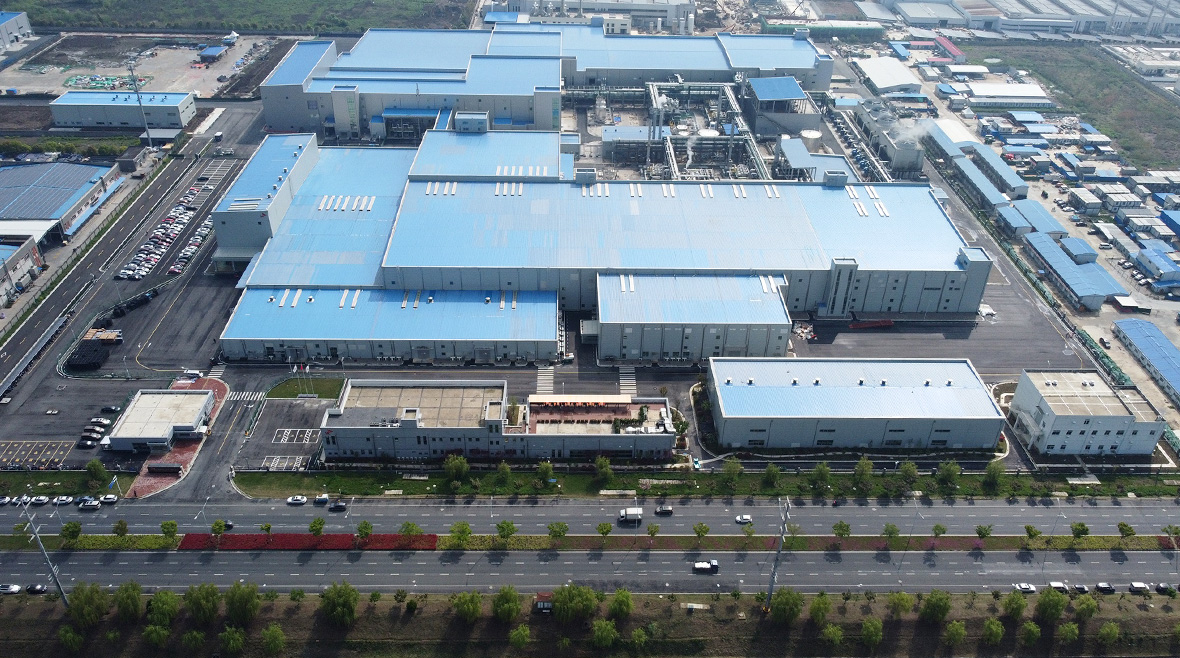










 Youtube
Youtube Facebook
Facebook Instagram
Instagram Linkedin
Linkedin









